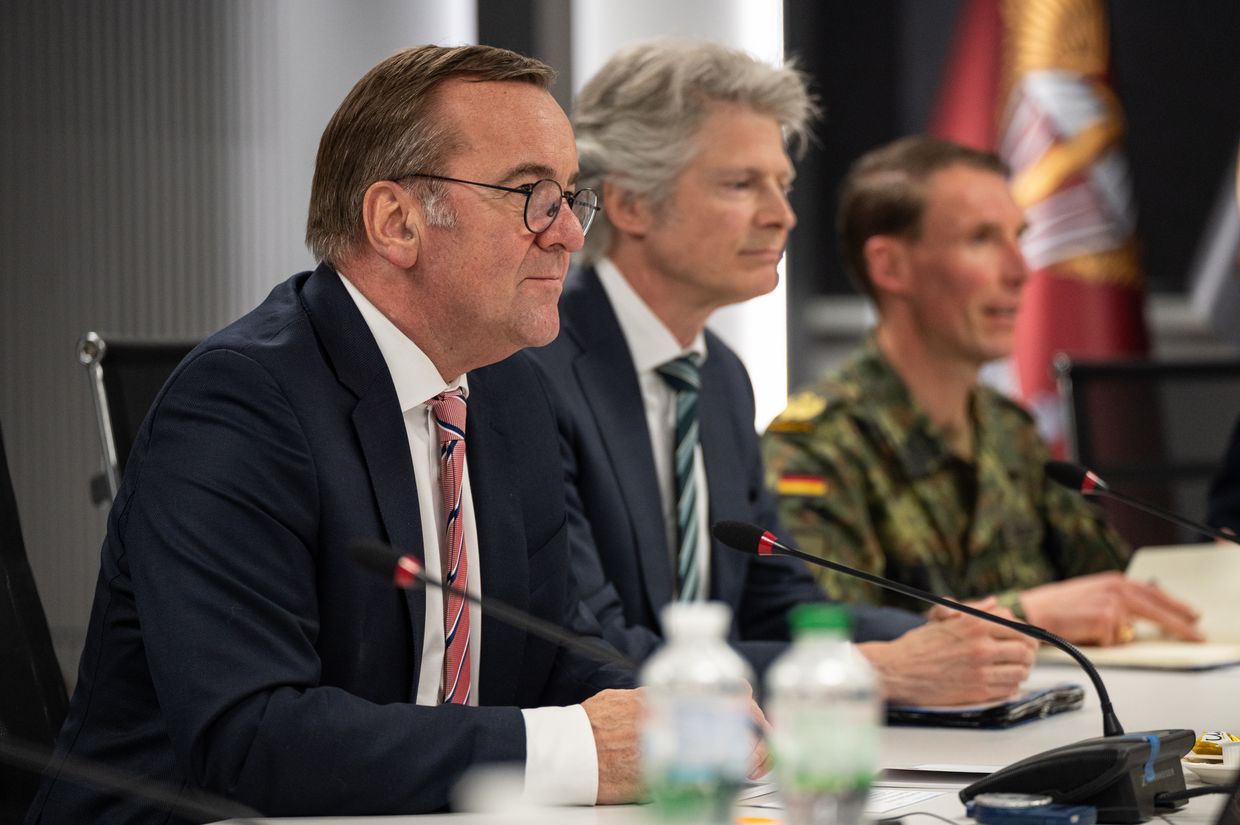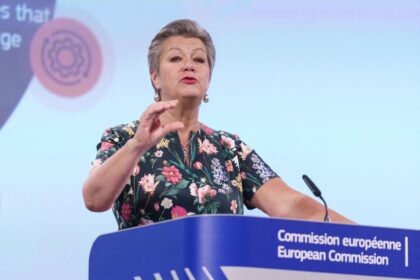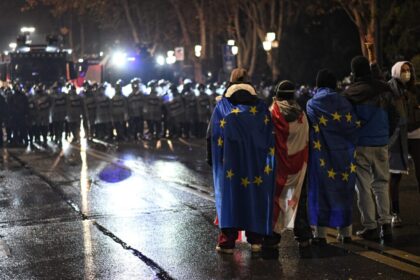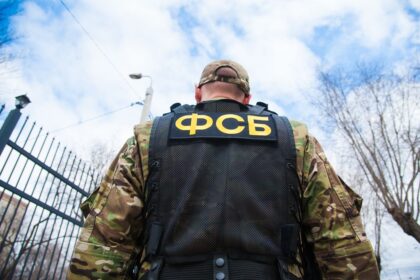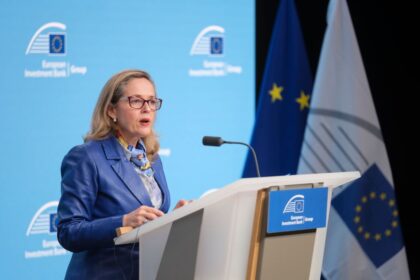**Europe Faces Uncertainty as US Announces Gradual Military Withdrawal**
The European continent is facing an uncertain future as the United States has announced a gradual reduction in its military support for both Europe and Ukraine. German Defense Minister Boris Pistorius has stated that Europe must prepare itself for this change, warning that a full halt to US support is not on the table.
Pistorius made these comments after US Defense Secretary Pete Hegseth announced that Washington would reduce assistance allocated to Ukraine in the next year’s federal budget. The move comes amid increasing uncertainty in transatlantic relations, with US Ambassador to NATO Matthew Whitaker confirming plans to begin discussions with European allies later this year about reducing its military presence on the continent.
Whitaker emphasized that any drawdown would be closely coordinated to avoid creating security gaps. However, his comments also highlighted a growing disengagement from peace talks and a shift in priorities for US defense spending.
**US Reduces Military Aid to Ukraine**
The US decision to reduce military aid to Ukraine has sparked concern among NATO allies, with some countries looking to compensate for the shortfall. Pistorius warned that Europe must now “look at how much support drops and whether Europeans can compensate for it.”
Since Russia’s full-scale war against Ukraine began in 2022, NATO members have significantly increased their defense spending, with countries like Poland and the Baltic nations aiming to reach a 5% target of GDP. However, this move may not be enough to offset the US reduction.
**Increased Tensions Between Russia and Israel**
Meanwhile, tensions between Russia and Israel have escalated after Israeli forces launched “preemptive strikes” on Iran overnight on June 13. The strikes targeted Iran’s nuclear program, Prime Minister Benjamin Netanyahu said in an address.
The move has sparked concern among Western powers, who are seeking to choke off a vital revenue stream for Russia through oil profits. Russia relies heavily on oil revenues to sustain its war in Ukraine.
**NATO Considers Combining Ballistic Missile Shield**
In another development, NATO member states are reportedly considering combining the alliance’s ballistic missile shield with other integrated missile defense assets.
As tensions continue to rise across the globe, Europe faces an uncertain future as it navigates the changing landscape of international relations. The US reduction in military aid to Ukraine has sparked concern among allies and highlighted a need for increased cooperation and coordination to address emerging security challenges.
**What’s Next?**
The future of US-Europe relations remains uncertain, with many questions unanswered. Will other NATO members step up to compensate for the US shortfall? How will Russia respond to Israeli actions in Iran? And what implications will these developments have on global security?
One thing is clear: Europe must be prepared to adapt to a changing world, where alliances and priorities are shifting rapidly.
**Key Takeaways**
* The US has announced a gradual reduction in its military support for both Europe and Ukraine.
* German Defense Minister Boris Pistorius warned that Europe must prepare itself for this change.
* NATO allies are looking to compensate for the US shortfall in military aid to Ukraine.
* Tensions between Russia and Israel have escalated after Israeli forces launched strikes on Iran’s nuclear program.
Stay tuned for further updates as this story continues to unfold.




